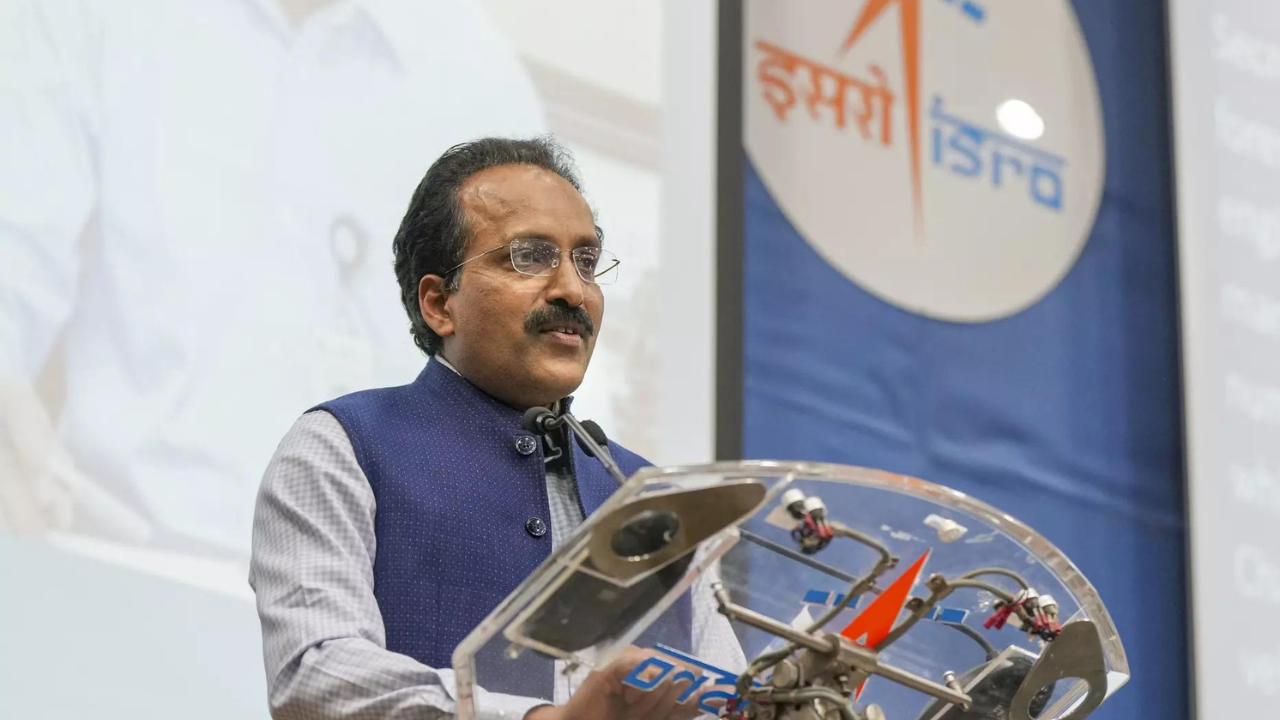UNCTAD Report: Trade's Role in Combating Food Insecurity

Addressing global hunger requires a coordinated effort across multiple sectors, including trade, agriculture, and policy. By improving food trade systems and building resilience against climate change, conflict, and urbanization, nations can reduce food insecurity. Collaborative international initiatives, along with local investments in sustainable farming and infrastructure, are key to achieving food security and meeting the projected needs of the growing global population.
Factsheet on Global Hunger
- Acute hunger: Over 280 million people faced acute hunger in 2023.
- Chronic hunger: Around 733 million people experienced chronic hunger.
- Projection: Without urgent action, 582 million could face chronic hunger by 2030.
Drivers of Global Hunger:
- Armed conflict: Affected 5 million people across 20 countries in 2022.
- Climate change: Led to a 21% reduction in agricultural productivity since 1961.
- Urbanization: Blurring boundaries between rural and urban areas, impacting agrifood systems and food access.
Role of Trade in Combating Food Insecurity:
- Ensuring food availability: Imports, such as 30% of Africa’s cereal demand, are vital for meeting regional food needs.
- Stabilizing markets and prices: The UN-Türkiye-brokered Black Sea Initiative during the Russia-Ukraine war helped stabilize food and fertilizer exports.
Challenges:
- High costs: Non-tariff barriers, like sanitary standards, can increase food import costs by 20%.
- Import dependency: Vulnerability to global price hikes and supply chain disruptions.
- Rising transportation costs: A disproportionate impact on developing and low-income nations.
Recommendations:
- Establish a “Short-Term Export Facilitation Mechanism” at international forums like the WTO to address severe food insecurity.
- Lower trade barriers and enhance export capacities in food-insecure nations.
- Invest in trade infrastructure (ports, storage, and transport) to reduce supply chain vulnerabilities.
- Support climate-smart and sustainable farming practices in developing countries to ensure long-term food security.













